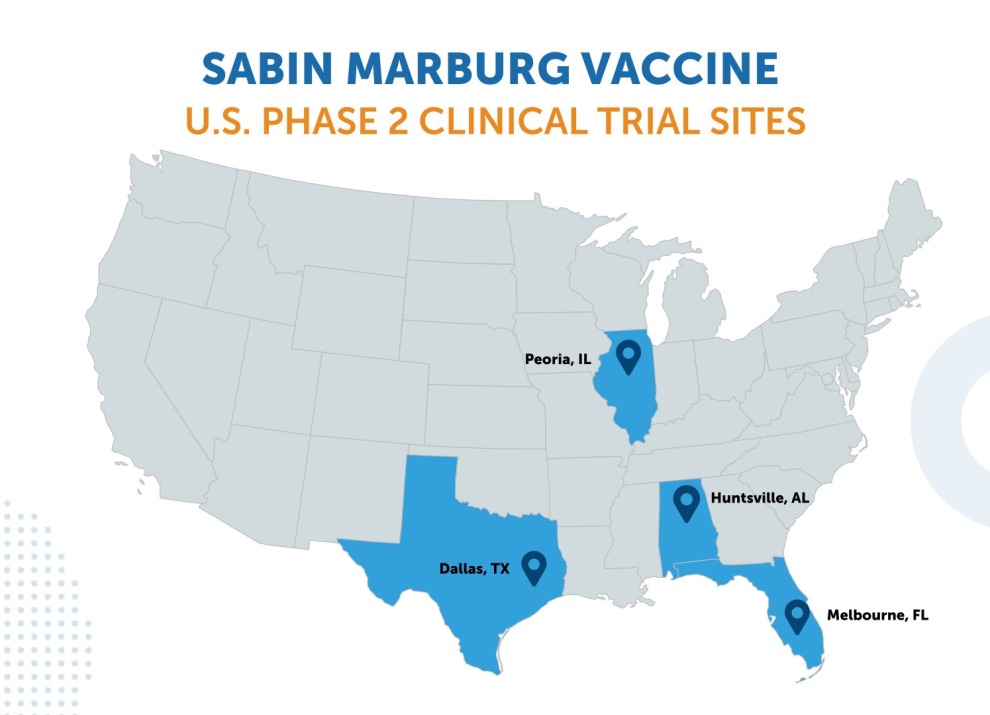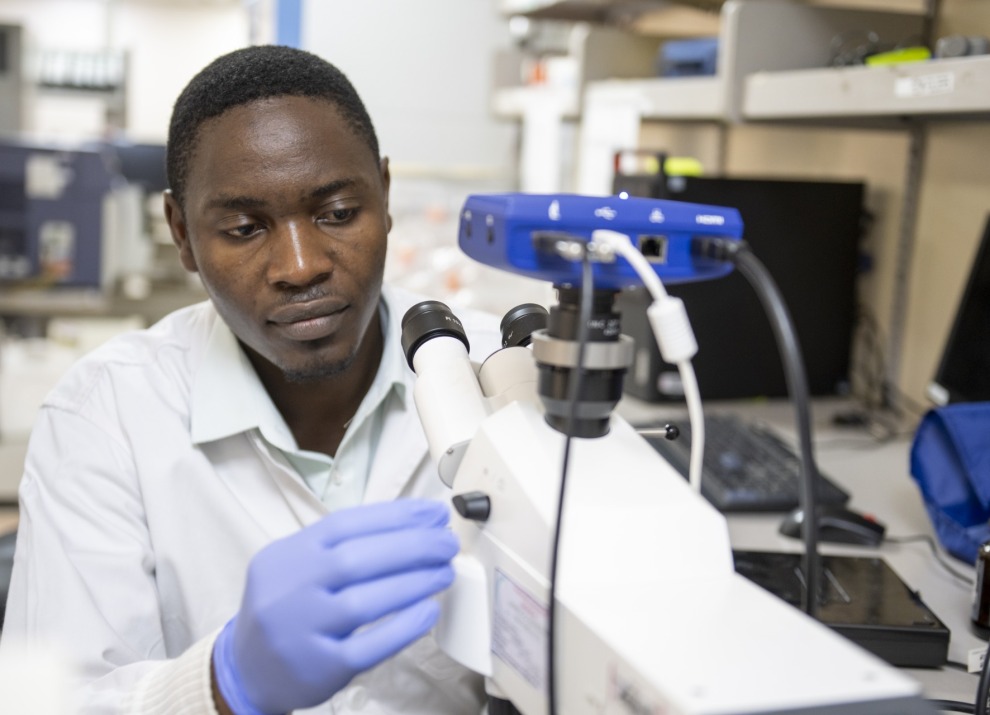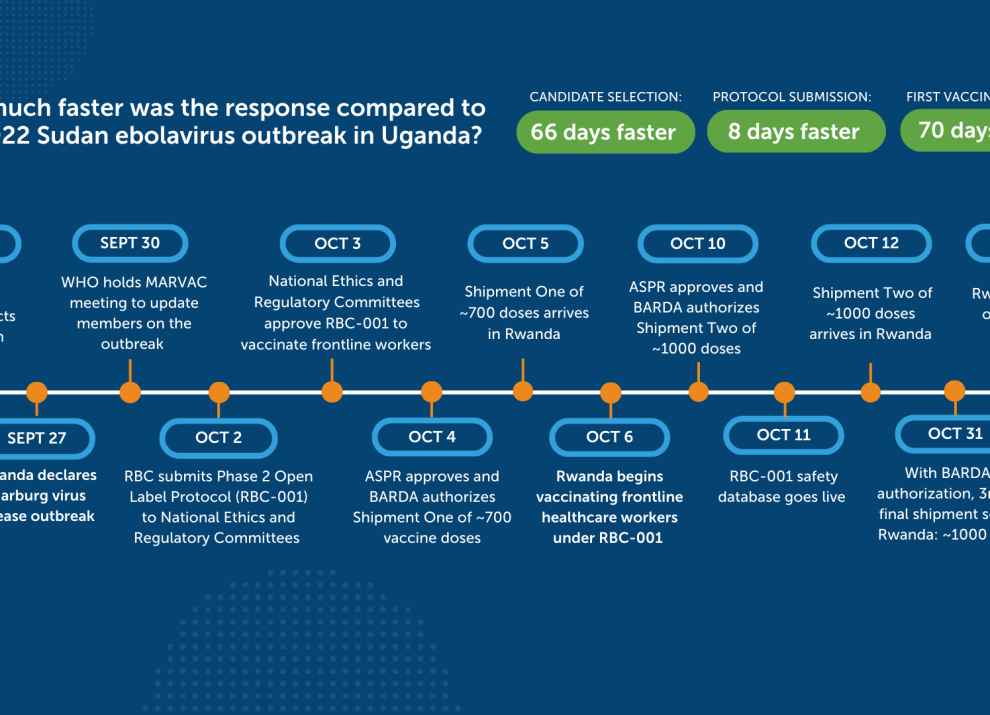Immunization in Conflict Zones: The Work Must Go On
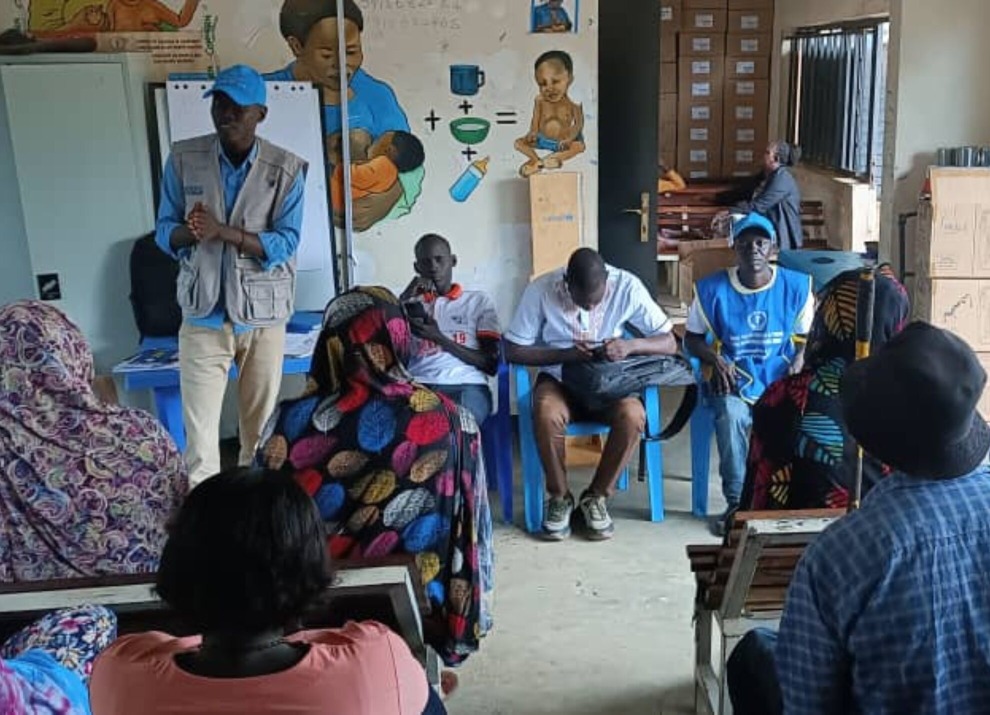
In the world’s most fragile and conflict-affected countries, millions of children go without routine immunization, leaving them vulnerable to vaccine-preventable diseases. WHO and UNICEF estimates show that DTP3 coverage — a key measure of access to immunization — has declined in several crisis-affected nations. In 2023, four of the six countries where less than 50% of children received all DTP3 doses faced deep institutional fragility or conflict. Zero-dose children — those who have never received a single vaccine — remain heavily concentrated in just seven countries, five of which are conflict zones.
Conflict in Sudan Disrupts Routine Immunization and Health Services
Prior to 2023 when the conflict in Sudan forced him to leave, Hassan Edries worked within the Expanded Programme on Immunization and then the National Malaria Control Programme in the Communicable Disease Control Directorate. His typical day involved planning and coordinating vaccine distribution, monitoring vaccine storage and cold chain management, training health workers, and conducting outreach programs to ensure children and vulnerable populations received their vaccinations. Edries is now in Cairo where he works with MENA Migrant Health to perform data collection and surveillance around HIV and blood-borne hepatitis among the migrants in the Middle East and North Africa. He talked to us about how the conflict in his home country has affected routine immunization, increasing the probability of disease and worsening health outcomes.

“Though I am out of Sudan, I know — because I still have family living in the country — that the crisis has severely disrupted health care services,” he says. “Many health facilities are non-functional, and health care workers have fled due to safety concerns. People now struggle to access even basic health care, and immunization services are limited or unavailable in many areas. This has forced communities to rely on informal or ad-hoc health care providers, which is not ideal.”
Frontline Challenges in South Sudan
Clement Mindet is facing these challenges head-on in his work as a social and behavior change communication project officer in South Sudan. In addition to navigating the difficulties resulting from the ongoing conflict in the region, Mindet says flash flooding last fall has made accessing routine services almost impossible for those living in remote communities. In addition, increasing cases of mpox — an outbreak was declared in the country’s capital Juba on February 7 — have added to the strain on the qualified health care professionals who remain in the region.
“Health services are limited in most of the areas I visited,” Mindet says. “The majority of the health facilities are closed due to financial constraints or conflict, and the populations we serve have moved to safe states as many people have been displaced. The Ministry of Health has had to prioritize emergency responses and focus on reaching displaced populations in safer areas, but even that is challenging. Medical supplies are limited as are the number of health workers. Because there’s a delay of salaries of health workers, they take their time to come to work. Some staff don’t even turn up.”
Reaching Communities Amidst Conflict
A large part of increasing uptake in countries like Sudan is engaging local communities — a key component of Mindet’s work. During times of conflict, however, delivering important health communications to these communities comes with significant challenges. “Community engagement meetings, focus group discussions, and stakeholder orientations are conducted deep in the villages,” says Mindet. “We travel more than 50 miles from town on poor muddy roads, sometimes getting stuck along the way. Where roads are impassable by vehicles, volunteers have to carry vaccines on their heads wading through ankle-deep mud for more than an hour to reach the children in remote and inaccessible areas. Road ambushes are common, making our work even more unsafe.”

“Accessing services is a long journey for many and finding qualified personnel to provide them is even more difficult,” he continues. “Ethnic violence made it difficult to deliver immunization. For example, employees from the conflicting ethnic groups cannot cross to the other side to provide immunization services. This means that we have to quickly recruit and train new staff within the community to fill the gap to ensure we reach every child.”
Inconsistent and Scarce Supplies
Barriers to access comprise only one piece of the puzzle. Supplies are limited, if there are any coming through at all.
“The types of vaccines we can offer are now limited due to supply shortages,” says Edries. “Vaccines are currently unavailable in more than eight states due to the conflict and the militia closed all roads, particularly in western states. Even in states where vaccines are available, supply chains are inconsistent, and many families cannot access immunization services due to displacement, insecurity, or lack of information. Immunization uptake has dropped significantly, putting children at risk of diseases like measles, polio, and diphtheria.”
The lack of supplies is also putting a strain on the trust patients have with their provider, an important factor in vaccine uptake. “People connect with health workers,” says Mindet. “But due to inadequate drug supply, clients have lost trust or hope with them, they think they are hiding drugs from them.”
Yet, Mindet hasn’t let the situation drain his resolve to continue his outreach efforts in communities. “Despite all of these challenges, I am glad that the life-saving information we are providing has improved communities’ health-seeking behaviors and bridged the gap between service providers and service users.”
A Humanitarian Crisis
The increase in zero-dose children and gaps in immunization access highlight the urgency of focused efforts in fragile and conflict-affected areas. Routine immunization has stalled over the past two years and numbers still remain below pre-pandemic levels. And still more and more children are being displaced due to conflict, making it difficult for them to access services and stay up to date on their immunizations.
Conflict displacement keeps Mindet up at night. “We often map the locations to conduct our awareness and immunization activities but in the case of any conflict, people are forced to flee their homes. Displacement will lead to loss of contacts of the parents, which makes it difficult for service providers to trace the children who missed their doses at the health facilities.”
“I wish people understood how critical immunization programs are, especially during crises,” says Edries. “Vaccines save lives, and when conflicts disrupt these services, it leaves entire communities vulnerable to outbreaks of preventable diseases. The lack of access to vaccines in six states in Sudan is a humanitarian crisis that needs urgent attention.”
Recommended for you
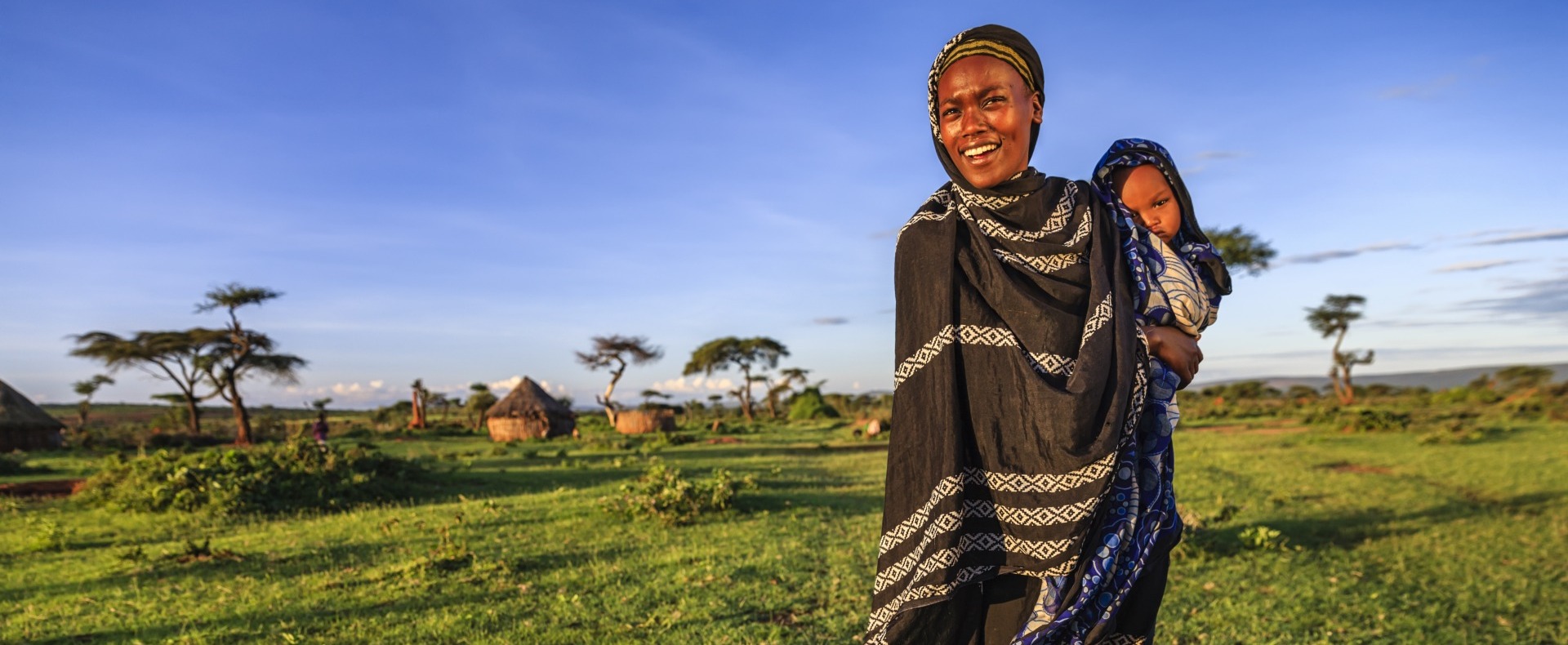
We make vaccines more accessible, enable innovation and expand immunization across the globe.

